Is Immunization Necessary for Infants?
[easy_youtube_gallery id=gNEaz0gN_oA cols=1 ar=16_9 thumbnail=0 title=top]RABOAN Research and Perspective Sharing “Etika Imunisasi”[/easy_youtube_gallery]
Yogyakarta, April 16, 2025 – The Center for Bioethics and Medical Humanities (CBMH), Universitas Gadjah Mada, once again held its weekly discussion forum, Raboan Sharing & Perspective Sharing, this time raising the theme “The Ethics of Immunization.” The online discussion, conducted via Zoom, featured Dr. dr. Fx. Wikan Indrarto, Sp.A – a pediatrician and lecturer – as the main speaker, moderated by Ns. Wahyu Dewi Sulistyarini, MSN.
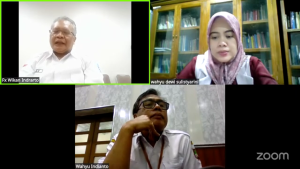
In his presentation, dr. Wikan emphasized that immunization is one of the most important efforts to build immunity against diseases. However, its implementation raises various challenges from a biomedical ethics standpoint, including the principles of non-maleficence (do no harm), justice, autonomy, and beneficence.
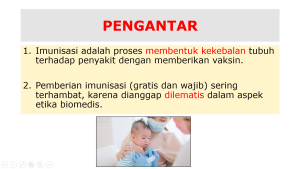 “As medical professionals, our duty is not only to provide medical benefits, but also to ensure that our actions are fair and respect the rights of patients,” said dr. Wikan.
“As medical professionals, our duty is not only to provide medical benefits, but also to ensure that our actions are fair and respect the rights of patients,” said dr. Wikan.
He further discussed the issue of medical paternalism, where doctors may limit a patient’s autonomy for the patient’s or public’s benefit. dr. Wikan explained that such a paternalistic approach can be ethically justified under certain conditions, such as when there is a serious preventable risk, when patients are unable to make autonomous decisions, or when the action significantly benefits the patient. The discussion also touched on national immunization regulations, including Indonesia’s Ministry of Health Regulation No. 12 of 2017, and the Indonesian Ulema Council (MUI) Fatwa No. 4 of 2016, which states that immunization is permissible (mubah) in Islam.
Wikan concluded by highlighting the importance of transparency in immunization practices. He reminded the audience that the success of the national immunization program requires the active involvement of doctors in providing thorough education and respecting parents rights to make informed and voluntary decisions.
“We need to ensure the success of the national immunization program, but we must also critically examine its implementation from an ethical perspective. Are we being wise enough?” he asserted.
This event served as a reminder that health is not solely a medical issue, but also one of values, rights, and moral choices in a pluralistic society. The topic of immunization ethics is closely related to the Sustainable Development Goals (SDGs), particularly SDG 3 on Good Health and Well-being, and SDG 4 on Quality Education. Through sound ethical education in medicine, healthcare professionals are expected to make wiser and fairer clinical decisions, including in immunization practices.
Reporter : Ardhini Nugraheni, M.K.M.
Editor : Alvira Rahmasari, S.H.G.



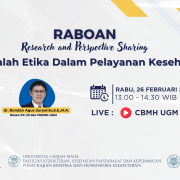
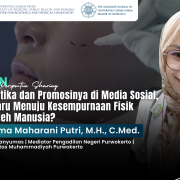

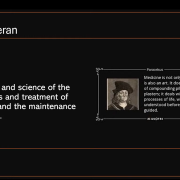


Leave a Reply
Want to join the discussion?Feel free to contribute!